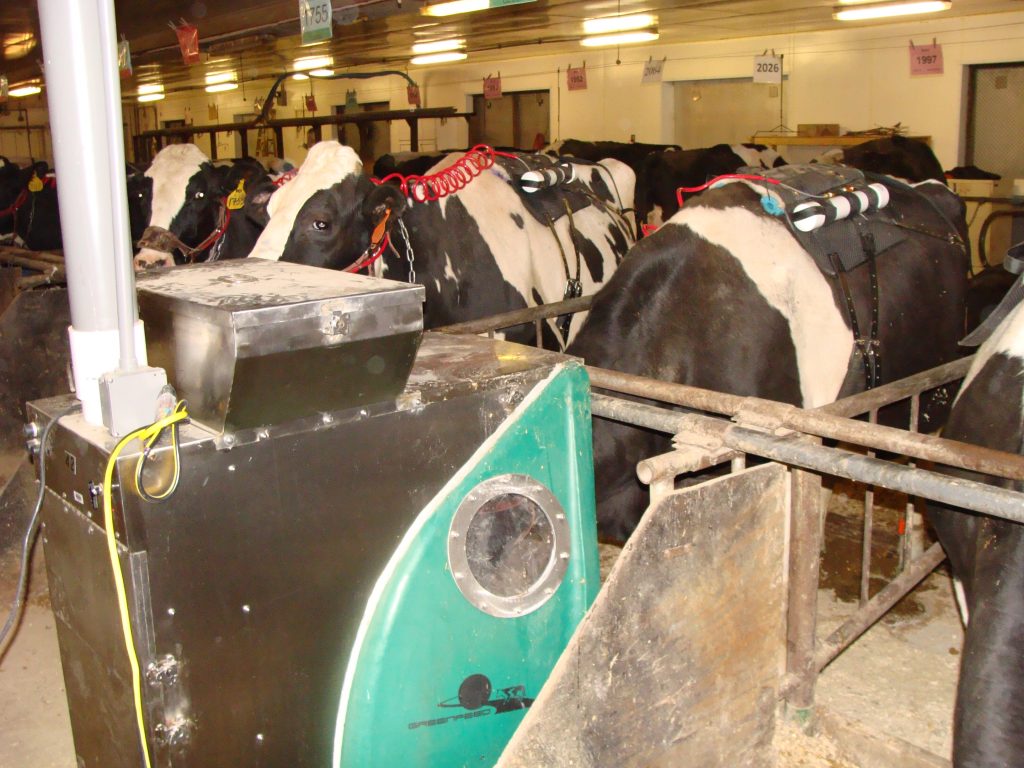The Feed and Nutrition Network (FNN) is an international network focused on ruminant feed and nutrition issues in relation to greenhouse gases.
Feed, feed additives, and nutrition directly affect an animal’s productivity and health status and can strongly influence absolute or per unit of product GHG emissions. Research on feed and nutritional approaches to reducing enteric methane emissions is growing internationally.
 The Feed and Nutrition Network is an important part of this effort, providing a collaborative forum for scientists to:
The Feed and Nutrition Network is an important part of this effort, providing a collaborative forum for scientists to:
- Summarise and evaluate the available data on mitigating GHG emissions of ruminants by nutritional means (current focus: methane)
- Develop sound recommendations on methane mitigation by nutritional means for stakeholders
- Identify gaps in knowledge and focus research on priority issues.
Activities:
The FNN is currently developing models to predict CH4 production in sheep based on over 2000 individual animal records from 10 countries (Australia, Brazil, Canada, Egypt, France, Norway, New Zealand, Spain, Switzerland, and the UK). The database covers a wide range of feeding and production systems. The group of contributors are discussing the results and expect to publish before summer.
Achievements by Network members include:
- Two major review papers published in Animal Feed Science & Technology on in vitro and in vivo techniques for assessing nutritional strategies to reduce methane emissions
- A symposium review published in the Journal of Dairy Science ‘Uncertainties in enteric methane inventories, measurement techniques and prediction models‘
- GLOBAL NETWORK Project: A 4-year collaborative project to advance research into nutritional means to mitigate methane emissions and nitrogen losses from ruminants. FNN scientists have published three new papers associated with the project. This includes the development of two enteric methane mitigation databases:
- Mitigation database: the main goal is to summarise and recommend science-based enteric methane mitigation options to stakeholders
- Prediction database: consists of individual animal data and aims to support the development of robust enteric methane emission prediction models for various ruminant species and nutritional, animal and farm management scenarios.
Contact:
For more information on the Feed and Nutrition Network, please contact Coordinator: David R. Yañez-Ruiz ([email protected]).
